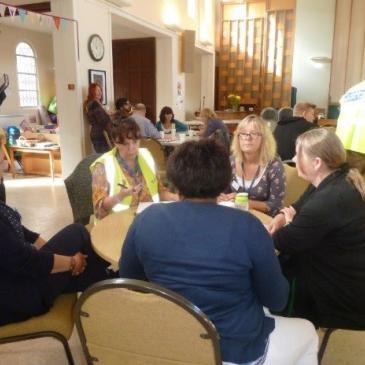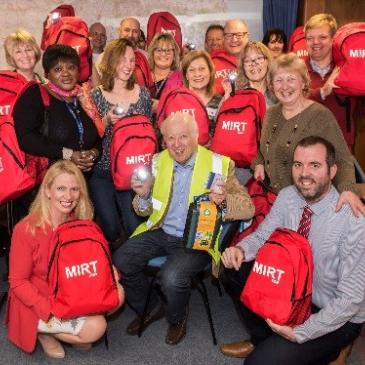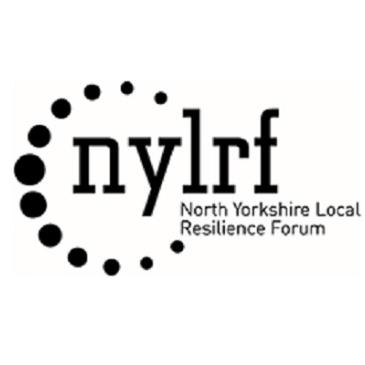You do not need to be an experienced counsellor, but in order to offer emotional support you will need a good level of empathy and also enough emotional resilience to be able to deal with potentially distressing situations.
We are a team of trained volunteers who offer their time to help with emotional and practical support to people affected by a range of extraordinary situations, for example road traffic accidents, bereavements by suicide, community evacuations, witnessing or being caught up in larger emergencies, outside ‘everyday normality’.
Our volunteers are responsible, on behalf of the council, to set up, manage and run rest centres for people who have been evacuated from their homes and to look after people until it is safe for them to return home. Major incident response team works closely with a number of professional partners, one of the biggest being North Yorkshire Police.
How you can help
MIRT Volunteers provide emotional support to anyone affected by a traumatic incident and also offer practical support, for example rest centres during emergencies.
The benefits to you
This can be a challenging voluntary role that will give you the opportunity to make a very real difference to a person enduring a very painful and distressing time in their life. Offering practical help such as rest centres is also a way of feeling you can do something positive, even when uncontrollable events have resulted in an emergency. You will have the opportunity to use and develop skills that will support you in your own life and potentially in a future career.
More information
What skills and experience are required?
What days/times are available or needed?
We run a 24 hour service, 365 days a year. Volunteers will be called upon when an incident happens. If you are not available, we will ask another volunteer who might be. We run monthly training at County Hall in Northallerton to offer support and further training, and we ask you to attend as many of these as you can.
What training is offered?
All team members are trained in Mental Health First Aid and Psychological First Aid, along with ‘safeTALK and ASIST’ skills for those bereaved by suicide. The team have also received training from other professional organisations such as Cruse Bereavement, Alzheimer’s Society and Suicide Bereavement UK. We also have monthly sessions for ongoing support and training.
What references or checks are needed?
This volunteer role will require a DBS check. DBS checks are free for volunteers and we can help you with the process.
We will ask you to fill in an application form and will check your identity (usually by showing your driving licence or passport). We will ask you to provide the details of two people who can give a character reference. Your referees should have known you for two years and must not be a family member. We will also ask you to confirm that you are fit enough to take on your chosen role and to let us know of any disability or medical information you feel may affect your volunteering, of for which we can provide some extra support where possible.


